Herb Catalog
Our Best Ingredient: Chinese Herbal Medicine
Chinese herbal medicine is a major aspect of traditional Chinese medicine, which focuses on restoring a balance of energy, body, and spirit to maintain health rather than treating a particular disease or medical condition.
Herbs are used with the goal of restoring balance by nourishing the body. Chinese herbal medicine treats patients’ main complaints or the patterns of their symptoms rather than the underlying causes. Practitioners attempt to prevent and treat imbalances, such as those caused by cancer and other diseases, with complex combinations of herbs, minerals, and plant extracts.
Chinese herbal medicine uses a variety of herbs, in different combinations, to restore balance to the body. Some of the most common herbs include: Astragalus, Ginkgo, Ginseng, Green Tea, and Siberian Ginseng.
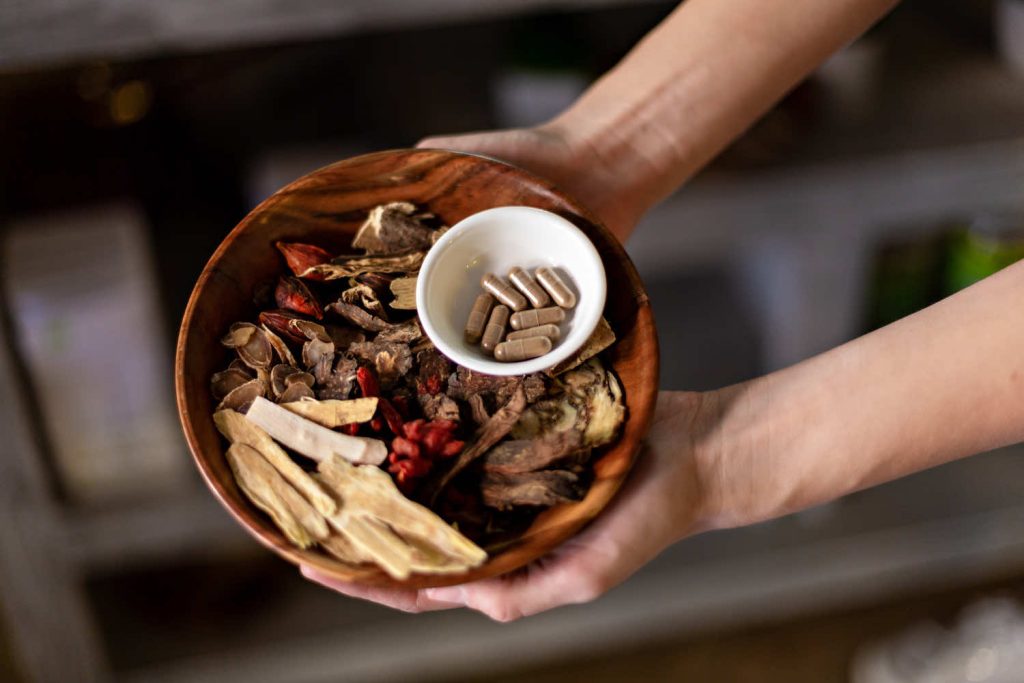
Use of Herbal Preparations
Herbal preparations are said to prevent and treat hormone disturbances, infections, breathing disorders, and a vast number of other ailments and diseases. Some practitioners claim herbs have the power to prevent and treat a variety of cancers.
However, most Chinese herbalists do not claim to cure cancer. Instead, they use herbal medicine along with conventional treatment prescribed by oncologists, such as radiation therapy and chemotherapy because herbal remedies can help ease the side effects of conventional cancer therapies, control pain, improve quality of life, strengthen the immune system, and in some cases, stop tumor growth and spread.
Herbal Remedies
In China, there are over 3,200 herbs, 300 mineral and animal extracts, and over 400 formulas used. Herbal formulations may consist of 4 to 12 different ingredients, to be taken in the form of teas, powders, pills, tinctures, or syrups.
Chinese herbal remedies are made up of one or two herbs that are said to have the greatest effect on major aspects of the problem being treated. The other herbs in the formula treat minor aspects of the problem, direct the formula to specific parts of the body, and help the other herbs work more efficiently.
With the increase in popularity of herbal use, many Chinese herbs are sold individually and in formulas. In the United States, Chinese herbs and herbal formulas may be purchased in health food stores, some pharmacies, and from herbal medicine practitioners. Before choosing a mixture of herbs for a patient, the traditional Chinese practitioner will typically ask about symptoms and examine the patient, often focusing on the skin, hair, tongue, eyes, pulses, and voice, in order to detect imbalances in the body.
Catalog
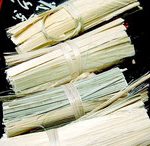
Zhu Ru
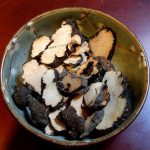
Zhu Ling
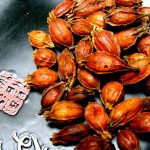
Zhi Zi
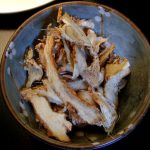
Zhi Mu
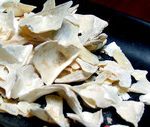
Zhen Zhu Mu
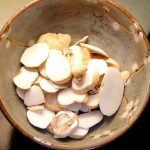
Zhe Bei Man
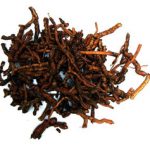
Yuan Zhi
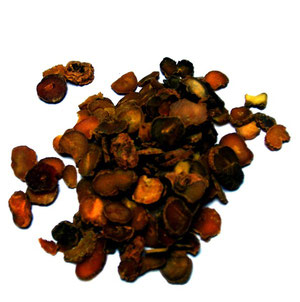
Yuan Hu
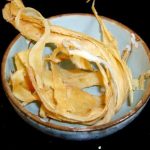
Yu Zhu
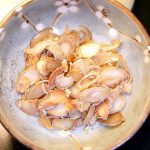
Yu Jin
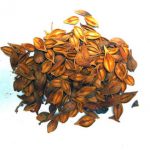
Yin Qiao
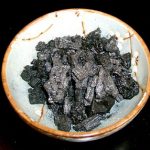
Xue Yu Tan
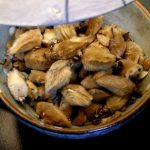
Xin Yi
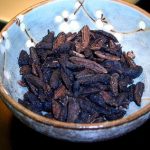
Xiang Fu
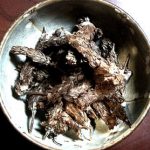
Xia Ku Cao
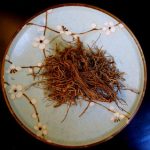
Xi Xin
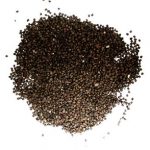
Wu Zhu Yu
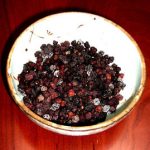
Wu Wei Zi
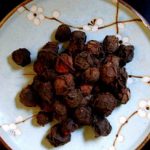
Wu Mei
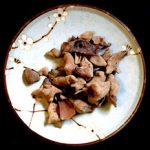
Wu Bei Zi
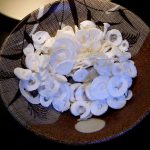
Tong Cao
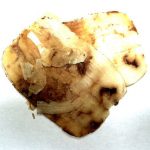
Tian Ma
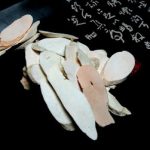
Tian Hua Fen
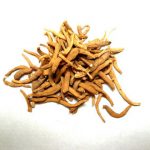
Tai Zi Shen
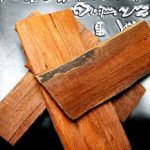
Su Mu
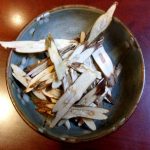
Su Geng
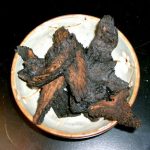
Si Gua Lo
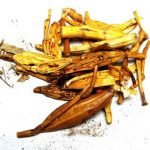
Shi Hu
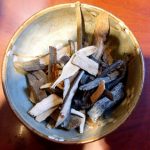
Sheng Ma
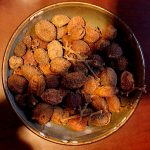
Sha Ren
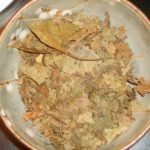
Sang Ye
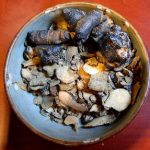
San Qi
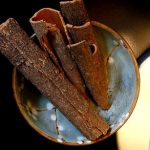
Rou Gui
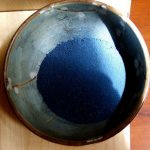
Qing Dai
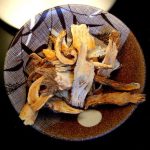
Qin Jiao
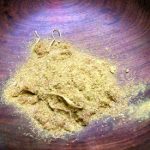
Pu Huang
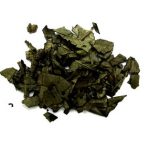
Pi Ba Yie
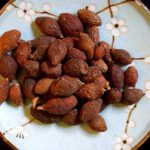
Pang Da Hai
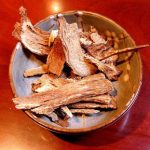
Mu Xiang
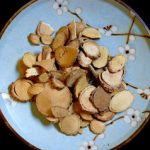
Mu Tong
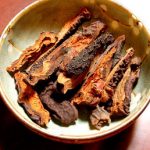
Mu Gua
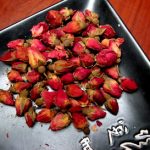
Mei Gua Hua
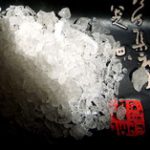
Mang Xiao
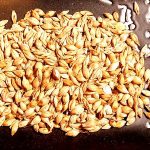
Mai Ya
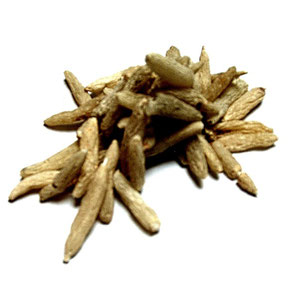
Mai Dong
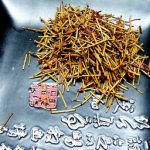
Ma Huang
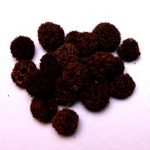
Lu Lu Tong
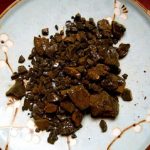
Lu Hui
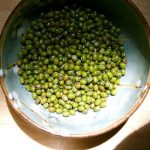
Liu Dou
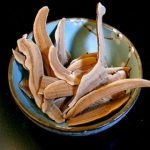
Ling Zhi
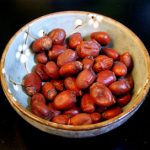
Li Zhi He
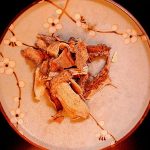
Lang Du
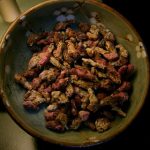
Kuan Dong Hua
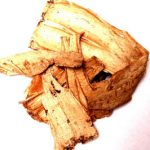
Jie Geng
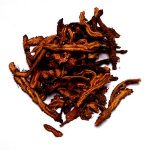
Huang Lian
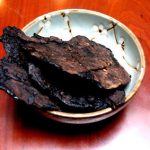
Huang Jing
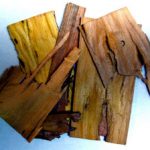
Huang Bai
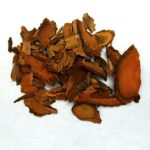
Hu Zhang
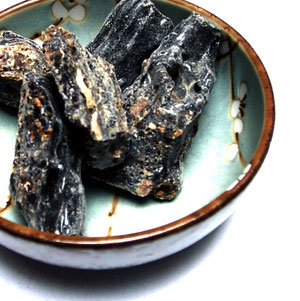
Hu Po
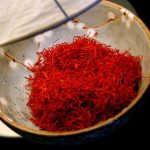
Hong Hua
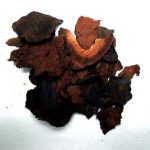
He Shou Wu
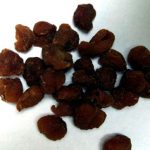
Gui Yuan Rou
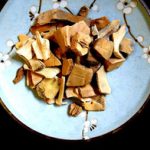
Gui Jia
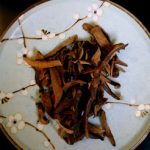
Gu Sui Bu
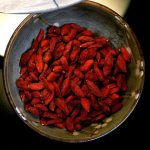
Gou Ji
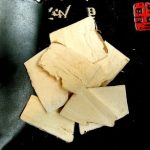
Ge Gen
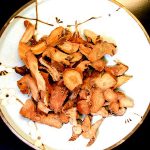
Gao Liang Jiang
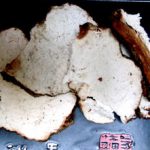
Fu Shen
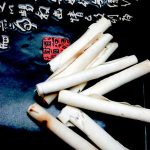
Fu Ling
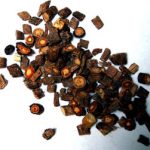
Fang Feng
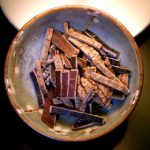
Du Zhong
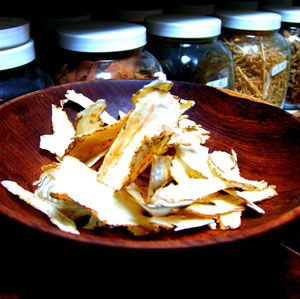
Dong Quai
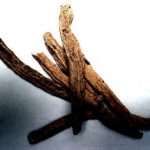
Dang Shen
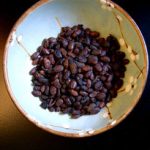
Dan Dao Chi
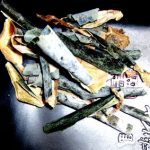
Dong Gua Pi
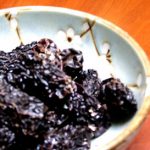
Da Zao
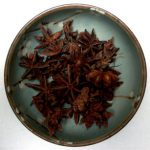
Da Hui Xiang
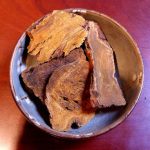
Da Huang
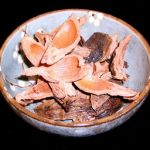
Da Fu Pi
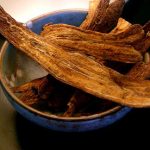
Chuan Xu Duan
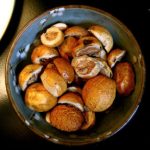
Chuan Lian Zi
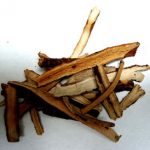
Chi Shao
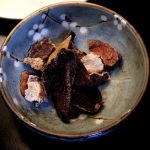
Chen Pi
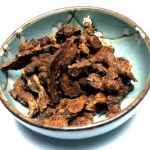
Cang Zhu
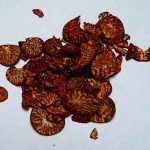
Bing Lan
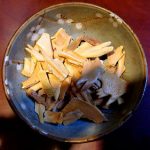
Bie Jia
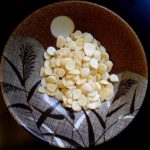
Bei Xing Ren
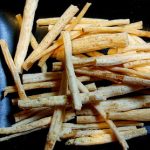
Bei Sha Shen
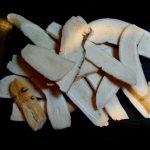
Bai Shao
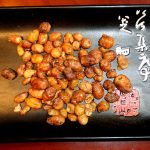
Ban Xia
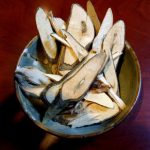
Ban Lan Gen
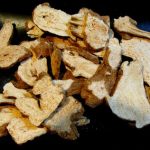
Bai Zhu
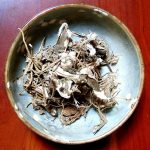
Bai Wei
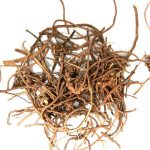
Bai Qian
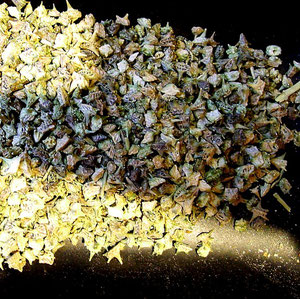
Bai Ji Li
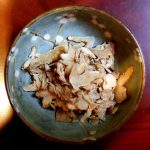
Bai Ji
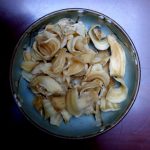
Bai He
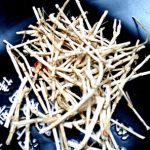
Bai Mao Gen
Where are Best of Chinese Medicine Clinics?
Book your appointment in Toronto or Mississauga today.